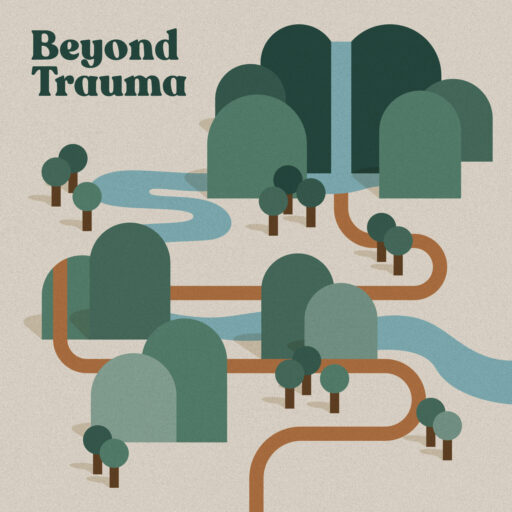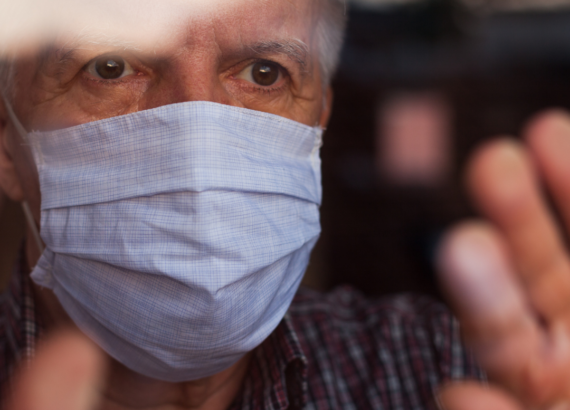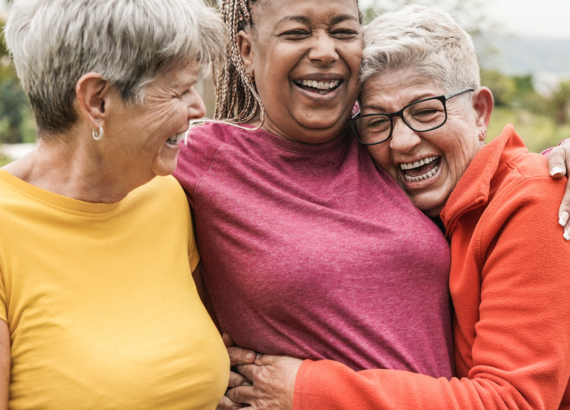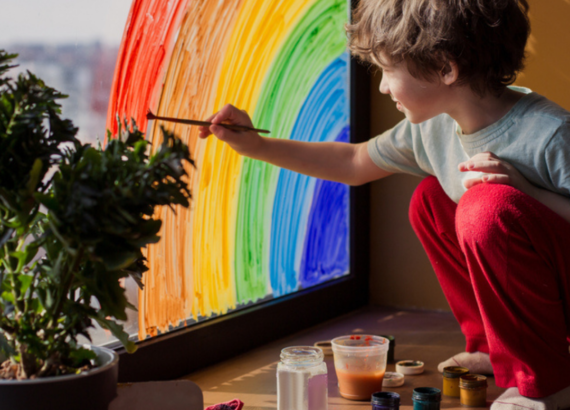Episode 25: Recognize, Understand, Attune, Co-Regulate (RUAC)

Today Jen and Bridger plan to wrap up their discussions over the brain, nervous system and the body and how the experiences of trauma affect their development. In this episode, they discuss how to interact with individuals in a trauma-informed perspective (RUAC).
If you haven’t already, check out our previous episode here!
The Nervous System and the Human Brain:
- Fristly, tauma has one of the direct effects on how our brain and body are developed over time.
- Reprocessing these traumatic experiences helps us achieve an integrative mind.
- Integration is faciliated through RUAC.
Human Beings are Biological Organisms:
- Firstly, we, as humans, are mammals.
- Secondly, here are many biological processes that need to occur for our survival.
- Importantly, safety and connection are vital for human survival.
- Partnership- experiencing a partner with the posture of curiosity.
- RUAC can help those in new or long-lasting relationships.
The Therapeutic Relationship:
- Although healing can be done without relationship, internal resources, relationships are a wonderful source for healing.
- The relationship between the therapist and client is the therapy.
- Sometimes, showing feelings can be emotionally threatening to relationships because of a previous experience. This creates a physiological response to shut down in future emotional situations.
Trauma Response:
- Fristly, trauma responses sometimes wake up in the present. Oftentimes, we can’t cognitively understand this. This is the brain’s way of attempting to assimilate past experiences.
- Also, RUAC helps faciliate a healthy understanding and connection when there’s rupture or dysregulation.
- In a shared experience of co-dysregulation, two individuals are present, along with all of their past experiences.
- Lastly, humans are both predator and prey.
What Does This Mean for Trauma-Informed Care:
- Everything!- This is why we rely on RUAC.
- RUAC offers more than just caring for someone in a trauma-informed way. It’s being aware of collective experiences.
- Also, RUAC doesn’t have to be only used in a professional setting. Trauma-informed care can be utilized in relationships.
- Remeber, even the subtle behaviors shed light on their past experiences. Our interpretations of others’ behavior is also based on past experiences.
- Lastly, the human body feels before it ever has a cognitive interpretation of that experience.
Our Bodies are Always Trying to Communicate with Us:
- Firstly, our bodies and deeper processes in the brain are aware before our cognitive brains can make meaning out of stimuli.
- Chronic inflammation and autoimmune diseases
RUAC:
- Sometimes, frustration occurs by the lack of ability for someone to feel safe with us.
- Also, rupture is okay. The importances comes about how we repair.
- Remember, it may not be a smooth process through each part.
- Recognize:
- Become aware of what the body is saying.
- This is a learning process and it’s always automatically intuitive.
- Understand:
- Reflecting on how this activation is communicating and why it is occurring.
- How is this activation communicating fear?
- Understanding then leads to curiosity.
- Attune:
- Feel a sense of connection and be curious as to how it is showing up.
- Moving into a space of desired connection.
- Helps yourself or someone else feel felt.
- Co-Regulate:
- Being seen by another person without the lack of safety of threat
- Co-Regulation brings safety and regulation to each nervous system.
- The dance of RUAC- creates an experience of integration.
Find out more information about our Patreon by clicking here!
Learn more about our Healing Retreats by clicking here!



